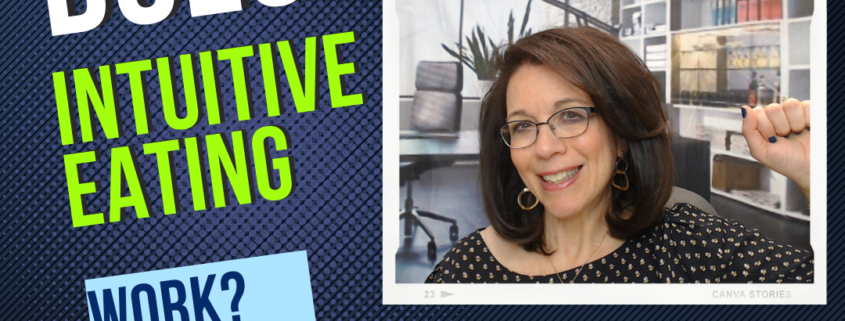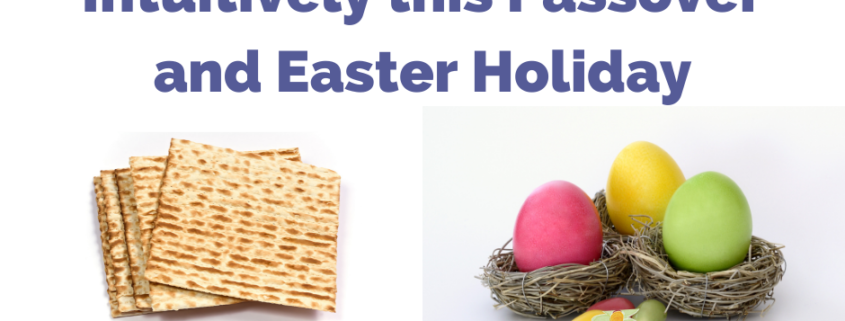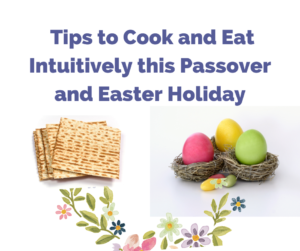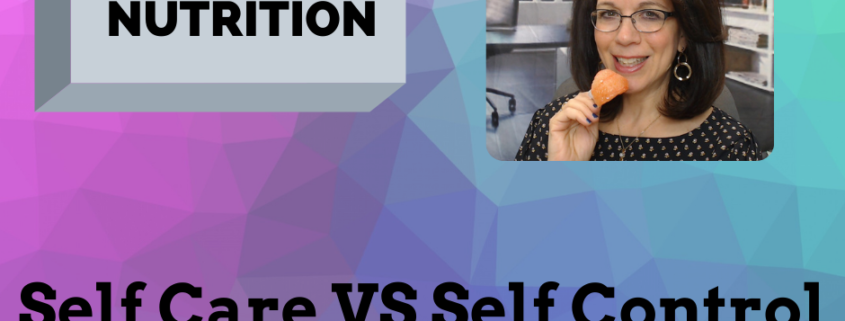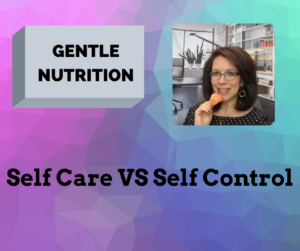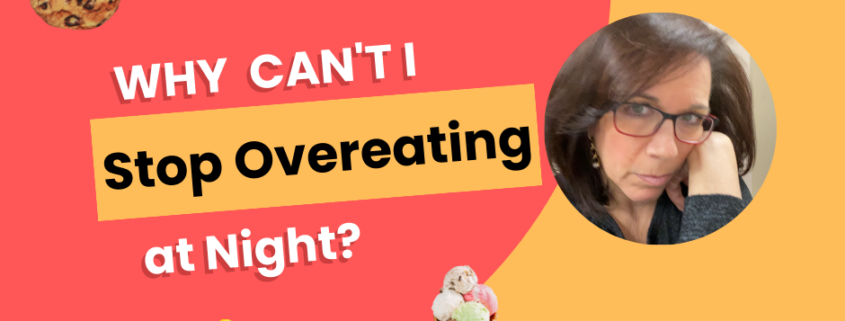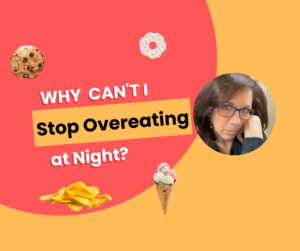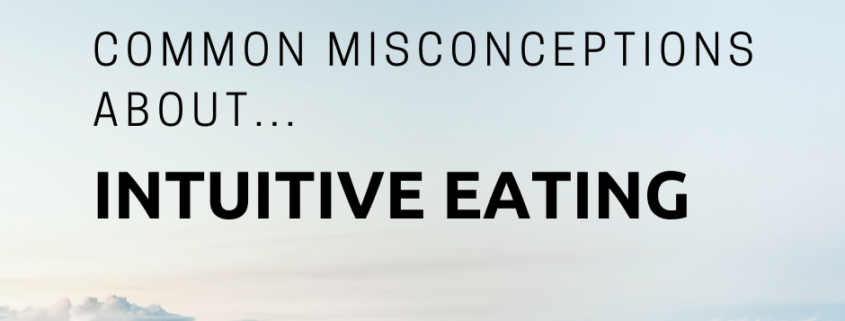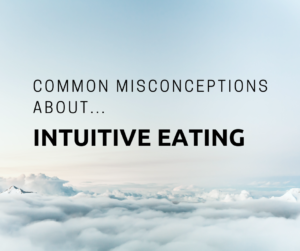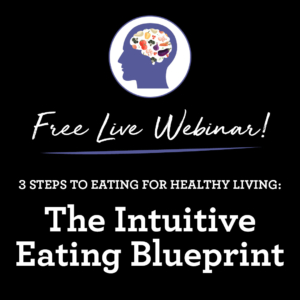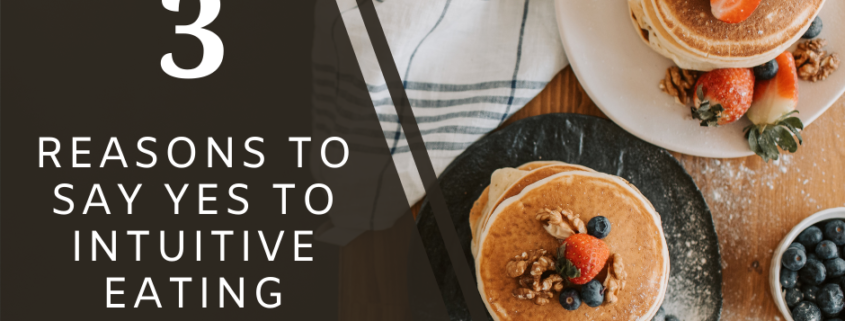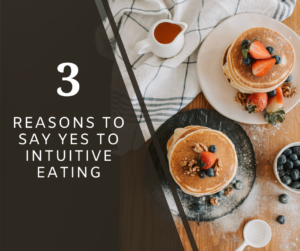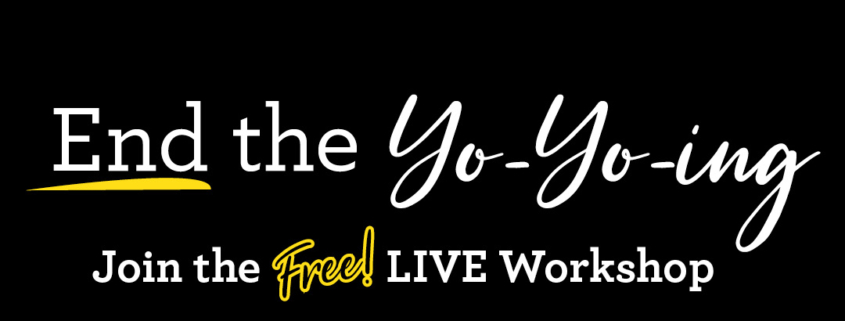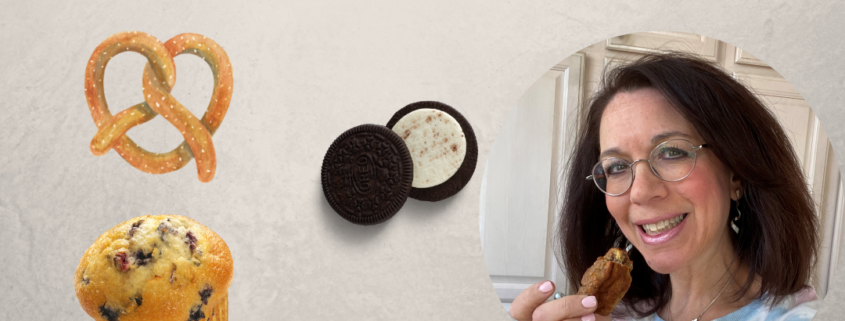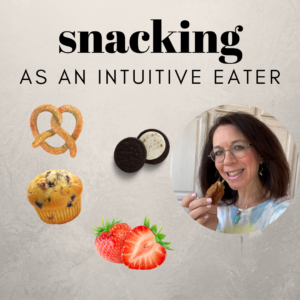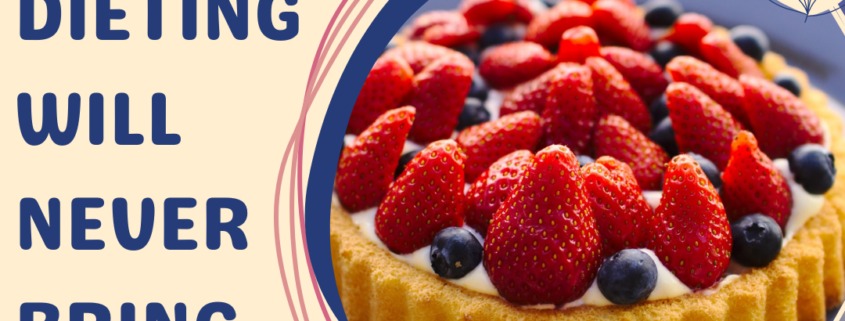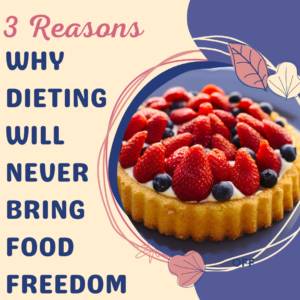How Do I Know if Intuitive Eating is Working?
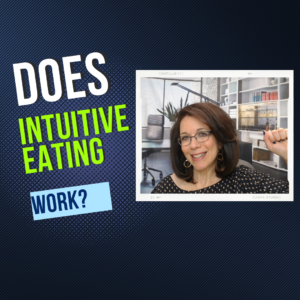 One of the most common questions I am asked from my clients after weeks, if not months, of workshops and sessions, is, “How do I know if Intuitive Eating is Working?” This is a seemingly straightforward question that you think would have a yes or no answer, however, it is not that simple. First, to get to the root of the question one must define what “working” is. In the dieting world, you know that a diet is working when weight loss occurs, however, the goal of Intuitive Eating is not to lose weight.
One of the most common questions I am asked from my clients after weeks, if not months, of workshops and sessions, is, “How do I know if Intuitive Eating is Working?” This is a seemingly straightforward question that you think would have a yes or no answer, however, it is not that simple. First, to get to the root of the question one must define what “working” is. In the dieting world, you know that a diet is working when weight loss occurs, however, the goal of Intuitive Eating is not to lose weight.
The goal of Intuitive Eating is to restore a healthy relationship with your food and your body. I often think of Intuitive Eating as a lifelong journey with little bumps and divergence along the way. And these bumps are so important for your growth. So, how do you know when you are growing and progressing on your Intuitive Eating journey?
It’s when you can celebrate “non-scale victories.”
Now, you may be wondering what these non-scale victories are. Well, I have found seven small triumphs that my clients often experience on their Intuitive Eating journey, and I would like to share them with you.
Here are the 7 non-scale victories you can celebrate:
1. Feeling Free from Food Prison
You are no longer following food restrictions that trendy diets put into place. Instead, you are allowing yourself to eat the foods that you are craving. You are giving yourself the freedom to make the food choices that you desire.
2.Having Neutrality Around Food Choices
When you look at previously forbidden food, you are no longer labeling it as good/bad, legal/illegal. For example, that piece of chocolate cake – it’s not a good food or bad food anymore. When you label foods, you are elevating them and give them power over you. When you view foods as neutral, you are taking the power away from the food.
3.You’re No Longer Binging
Intuitive Eating is all about listening to your body and its hunger and satiety cues. When you tune into your innate signals, you will realize that you stop eating once you feel full. You may realize at that point that you are no longer binge eating.
4.You’re Not Obsessing Over Food Anymore
You don’t spend your day thinking about food anymore. When you are dieting, food becomes the central part of your day, how much of it to eat or what to eat. However, when you eat intuitively, thoughts of food zoom in when you are hunger and zoom out when you are done eating.
5.You’re Not Dieting
There are so many benefits that are associated with not dieting anymore. You are no longer depriving your body, and you can finally start healing your relationship with your body and food. And guess what – you have NO desire to diet! BAM!
6.You’re Listening to Your Body
You’re tuning into what your body needs and listening to it. When you are dieting, you are ignoring these signals and are listening to the rules and restrictions of the diet. However, when you learn to become an Intuitive Eater, you are attuned to the wisdom of your body, and now trust it wholeheartedly.
7.Feeling at Peace Around Food
Food is no longer a major issue in your life. You can go out and enjoy a meal without worrying about calorie content or exercising to “make up for it.” Instead, you are at peace, knowing that when you eat, you are nourishing your body.
These are just a handful of the non-scale victories myself and my clients have experienced. What are some non-scale victories that you have had?
If you would like more information on Intuitive Eating and non-scale victories check out my video here.

